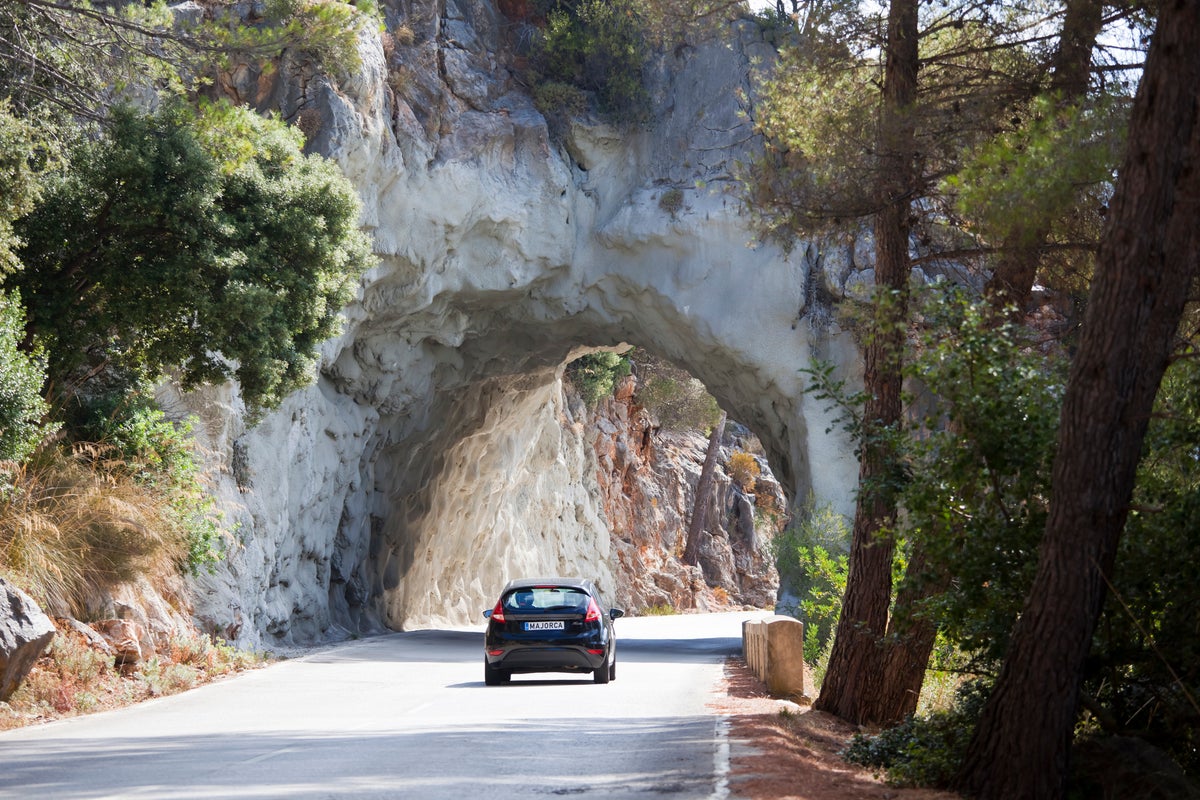
British tourists have been warned not to get behind the wheel intoxicated, as strict drink-driving laws are proposed in Spain.
The Dirección General de Tráfico (DGT) could introduce new alcohol rules for all drivers, including those on e-scooters and bicycles, in the country.
A universal alcohol limit of 0.2g per litre in blood or 0.1mg per litre in breath has been suggested by the DGT.
According to DGT data, 4,283 accidents involving alcohol were recorded in 2022 (20 per cent more than in 2018), resulting in 312 deaths and 518 serious injuries.
The low legal limit planned for late 2025 would make it difficult for holidaymakers to drive after “even a small glass of wine or beer”, said Majorca Daily Bulletin.
“The proposal to reduce the limit to 0.2g/l should really be understood as ‘not a single alcoholic drink if I'm going to drive,’ and should clarify its incompatibility with driving,” said Jesús Monclús, director of the Road Safety and Prevention Area at the Mapfre Foundation.
Drivers risk a fine of €500 (£437) to €1,000 (£873) if they exceed the suggested new threshold.
In the UK, alcohol driving limits are 0.8g per litre of blood or 0.35mg per litre of breath in England, Wales, and Northern Ireland. Scotland's limit is lower at 0.5mg per litre of blood or 0.22mg per litre of breath.
Points may also be deducted from a traveller’s driving license. Spain uses a 12-point system.
Under the current rules, Spain allows up to 0.5 g/l in blood or 0.25 mg/l in breath for most drivers.
A criminal offence for driving under the influence in the country occurs when your blood alcohol content is above 1.2g/l or your breath alcohol content is above 0.60mg/l.
Penalties can include a driving ban of up to four years, with possible six-month prison sentences for repeat offenders.
Travellers who refuse to take a breathalyser test could be charged with a separate criminal offence.
Álvaro Gómez, director of the DGT's National Road Safety Observatory, said: “With this reduction in the maximum legal blood alcohol level, we hope to reduce the percentage of drivers who get behind the wheel after consuming alcohol, and thus the associated accidents.
“The impact is expected not only in the 0.2-0.5g/l limit, but also at higher levels. In Sweden and Norway, two benchmark countries, a significant reduction in accidents was observed after implementing a 0.2g/l limit.”
Read more: UK tourists driving in Spain warned of new traffic rule for hire cars







